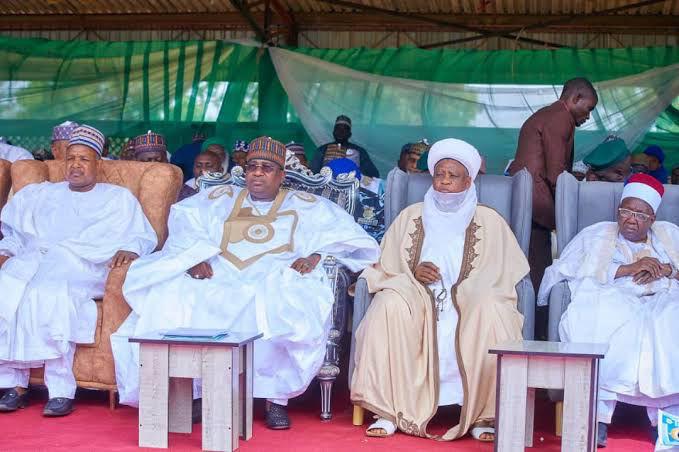Birnin Kebbi, Kebbi State – In an age where distractions abound and the essence of cultural and religious identity often seems to wane, events like the recent 39th edition of the National Qur’anic Recitation Competition go beyond mere contests of memorisation. They are vital touchpoints that remind us of the rich tapestry of Islamic scholarship woven throughout Nigeria and the significance of nurturing this knowledge among the youth.
The Nigerian Supreme Council for Islamic Affairs (NSCIA) recently announced the names of the champions from this competition who will represent Nigeria at the upcoming 1446 AH (2025) International Qur’anic Competitions. As we celebrate their achievements, reflecting on what this means for our communities, faith, and future is essential.
Preserving Cultural Identity
Participating in Qur’anic recitation competitions is more than a display of talent; it is a commitment to preserving our faith and cultural heritage. By memorising the entire Qur’an or significant portions of it, these young individuals are not just honing their skills; they are ensuring that the teachings of Islam continue to resonate in a rapidly changing world.
In an era dominated by technology and modern distractions, these competitions emerge as beacons of dedication, encouraging our youth to engage deeply with their religious texts. They exemplify the potential for academic rigour and spirituality to coexist, thereby enriching the lives of participants, their families, and the broader community.
Integrity and Representation
The NSCIA’s directive that winners represent Nigeria exclusively at international competitions also highlights a crucial issue: the importance of integrity and representation. The expectation that these champions stand solely as ambassadors of Nigeria solidifies our nation’s position in the global Muslim community. This is especially pertinent given that the Qur’an transcends national boundaries. Nigeria must be represented by those who are products of its rich Islamic educational system.
Participants with dual citizenship might find themselves at a crossroads, similar to many of their peers navigating competing loyalties in today’s globalised world. However, the NSCIA’s call for exclusive representation reinforces the message that while we can appreciate a global identity, our first loyalty in matters of faith and scholarship should be to our own nation. This ensures that conflicting allegiances do not dilute the cultural and religious significance of our representation.
A Call for Support and Mentorship
The announcement from the NSCIA also reminds us of the need for greater support structures for all participants, not just the winners. While recognition and prizes are important, sustained mentorship and resources are crucial for nurturing the next generation of scholars. Investing in educational programmes, providing access to workshops, and connecting young reciters with experienced mentors can foster a deeper understanding of the Qur’an and its commentary (Tafsir), which is essential for those especially aiming for international recognition.
It’s encouraging to note the NSCIA’s gratitude toward donors who contributed valuable prizes. This commendable effort underscores the importance of community involvement in fostering religious scholarship. However, this initiative should not stop at rewards for competition winners; it should extend to creating a sustainable ecosystem that supports all aspiring Qur’anic scholars in their quest for excellence.
Looking Forward: Aspirations and Responsibilities
As we look forward to the international competitions, the onus lies not just on the participants to excel but also on the entire Muslim community in Nigeria to rally around them. Every individual has a role to play, whether through encouragement, financial support, or simply spreading the word about the transformative power of Qur’anic education.
Moreover, these competitions should inspire broader conversations about literacy in religious texts across Nigeria. How can we integrate Qur’anic studies into our national education curriculum, ensuring that future generations are not just able to recite but also understand the Qur’an? This is a call for educators, policymakers, and religious leaders alike to engage in discussions that promote comprehensive Islamic education.
Conclusion
The Qur’anic Recitation Competition is not just an event but a celebration of faith, culture, and community resilience. The NSCIA’s commitment to choosing representatives exclusively from this competition is a powerful declaration of our identity as Muslims in Nigeria.
As the winners prepare for the international stage, may they embody the principles of patience, perseverance, and scholarship that the Qur’an teaches. Let us all stand behind them, proud of our roots, unwavering in our faith, and hopeful for the future they represent—a future where the beauty of the Qur’an resonates among both the young and old alike, cultivating a society enriched by faith, knowledge, and mutual respect.





